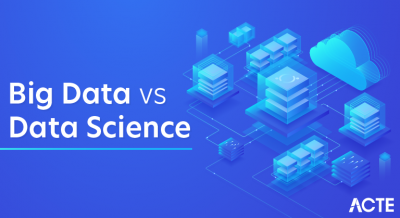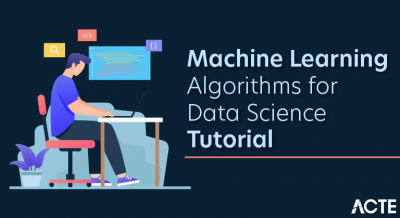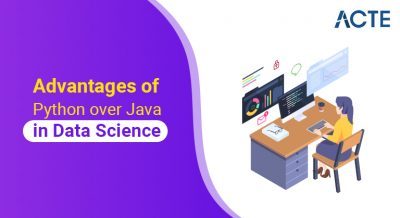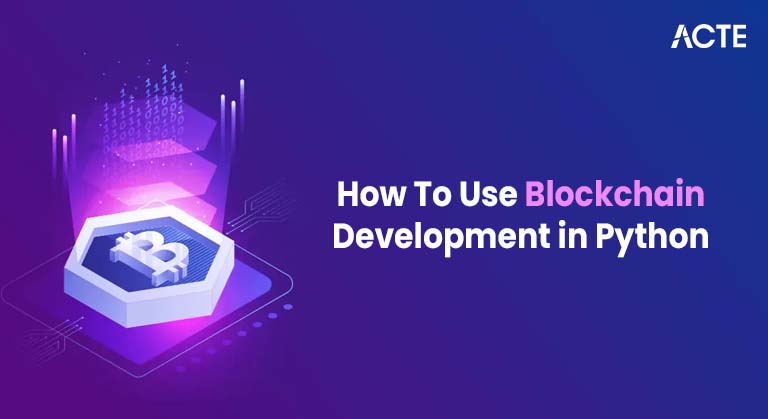
- Introduction to Blockchain
- Why Python is Ideal for Blockchain Development
- Core Concepts of Blockchain Technology
- How Blockchain Development Works in Python
- Key Features of Python for Blockchain Projects
- Popular Blockchain Applications Built with Python
- Challenges in Blockchain Development Using Python
- Future of Blockchain Development with Python
- Conclusion
Introduction to Blockchain
Blockchain Development in Python is a decentralized digital ledger technology that securely records transactions across multiple computers. Its key characteristics immutability, transparency, and security have made it the backbone of cryptocurrencies and numerous other industries. The technology’s potential extends far beyond finance into healthcare, supply chain, voting, and more.Understanding blockchain by building projects can demystify the technology and show how decentralized applications (dApps) function. Python, with its simplicity and rich ecosystem, is an excellent choice for blockchain beginners and developers.
Are You Interested in Learning More About Database? Sign Up For Our Database Online Training Today!
Why Python is Ideal for Blockchain Development
Python offers several advantages that make it suitable for blockchain development:
- Simplicity and Readability: Python’s clear syntax allows developers to focus on blockchain logic rather than complex programming challenges.
- Extensive Libraries: Cryptography, networking, and data handling libraries in Python simplify blockchain implementation.
- Rapid Prototyping: Python enables fast development and testing of blockchain concepts and models.
- Strong Community Support: Python’s large and active community means abundant tutorials, tools, and forums for blockchain developers.
These benefits help new developers grasp Blockchain Applications Built with Python concepts quickly and create functional prototypes efficiently.
Core Concepts of Blockchain Technology
When Blockchain Development in Python , Python makes exploring these concepts accessible by allowing straightforward implementations.understanding these core concepts is essential:
- Blocks and Chains: Data is stored in blocks linked sequentially through cryptographic hashes.
- Decentralization: Copies of the blockchain exist across a network of nodes, preventing single points of failure.
- Consensus Mechanisms: Methods like Proof of Work (PoW) or Proof of Stake (PoS) maintain agreement on the blockchain state.
- Cryptographic Hashing: Ensures data integrity by converting information into fixed-size hashes.
- Smart Contracts: Self-executing contracts that run on blockchain platforms enable complex logic and automation.
- Define data structures for blocks and transactions.
- Implement hashing functions to secure blocks.
- Develop consensus algorithms to validate new blocks.
- Build peer-to-peer networking modules for node communication.
- Create APIs or user interfaces for interacting with the blockchain.
- Cryptographic Libraries: Packages like hashlib and PyCrypto simplify encryption and hashing operations.
- Networking Frameworks: Tools such as Flask and FastAPI enable building APIs for blockchain nodes and wallets.
- Data Handling: Libraries like Pandas help in managing blockchain data for analytics or visualization.
- Cross-Platform Support: Python runs smoothly across operating systems, easing deployment.
- Integration Capabilities: Python easily connects with other technologies like databases, web services, and blockchain frameworks (e.g., Ethereum’s web3.py).
- Cryptocurrency Prototypes: Many initial coin models and testnets are created using Python.
- Smart Contract Testing: Python frameworks facilitate simulation and testing of smart contracts.
- Supply Chain Management: Python helps build transparent and immutable supply chain records.
- Educational Platforms: Python-based tutorials and simulators help new developers understand blockchain.
- Data Analytics: Python enables the analysis of blockchain transaction data for insights.
- Performance Limitations: Python’s execution speed is slower than languages like C++ or Rust, which can affect high-throughput blockchain applications.
- Concurrency and Parallelism:Handling multiple blockchain transactions simultaneously can be less efficient.
- Security: While Python libraries are robust, lower-level languages sometimes offer more control for security-critical parts.
- Ecosystem Maturity: Blockchain frameworks in Python may be less mature than those in other languages.
- Integration with faster consensus algorithms and Layer 2 scaling solutions.
- Growing blockchain-specific Python frameworks and tools.
- Enhanced support for smart contract development and testing.
- Increasing use of Python in blockchain analytics and machine learning applications.
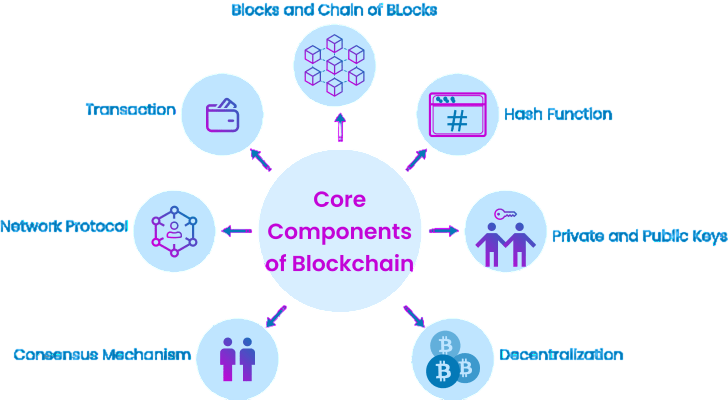
To Explore Database in Depth, Check Out Our Comprehensive Database Online Training To Gain Insights From Our Experts!
How Blockchain Development Works in Python
In Python-based blockchain development, developers typically:
Python’s flexible syntax allows developers to focus on these elements without getting bogged down in complex language details.
Key Features of Python for Blockchain Projects
These tools make Python a powerful choice for both beginners and professionals.Python offers features that streamline blockchain development:
Popular Blockchain Applications Built with Python
Several projects and use cases highlight Python’s role in blockchain:
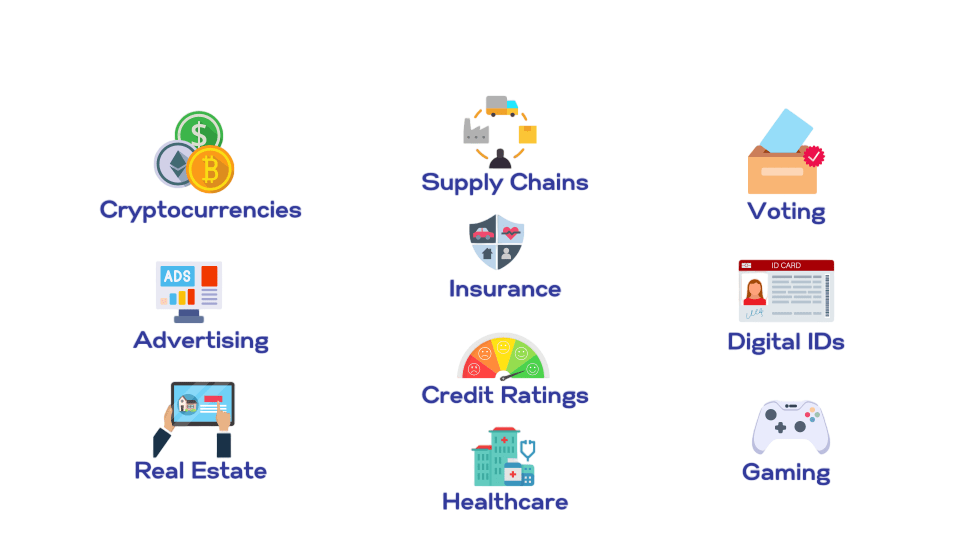
These applications show Python’s versatility in the blockchain ecosystem.
Challenges in Blockchain Development Using Python
Despite its strengths, Python also presents challenges for blockchain development:
Developers often combine Python with other technologies or optimize critical sections to address these issues.
Future of Blockchain Development with Python
The future of blockchain development in Python looks promising due to ongoing enhancements:
Python’s role as a gateway language for Python for Blockchain education and prototyping is solidified, Blockchain Applications Built with Python while its ecosystem continues to mature for production-grade projects.
Want to Learn About Database? Explore Our Database Interview Questions and Answers Featuring the Most Frequently Asked Questions in Job Interviews.
Conclusion
Python provides an accessible and powerful platform for blockchain development, Data Handling making it ideal for beginners and rapid prototyping. Understanding blockchain fundamentals through Python projects lays a strong foundation for exploring more complex decentralized systems. As blockchain technology evolves, Python for Blockchain,Python will continue to play a significant role in development, Supply Chain, education, and innovation.If you want to get started, focus on mastering Python basics, then explore Blockchain Development in Blockchain Applications Built with Python and gradually build your own projects to deepen your understanding.


